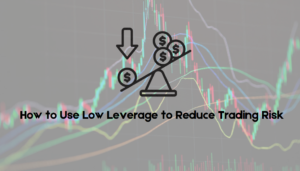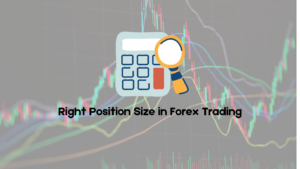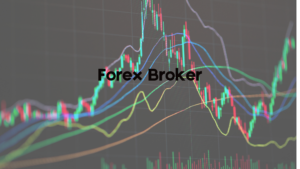Forex brokers are intermediaries that facilitate trading in the foreign exchange market by providing access to trading platforms where investors can buy and sell currency pairs. They offer various services, including real-time price quotes, order execution, and leverage, to enable traders to take positions in the forex market. Forex brokers come in different forms, such as market makers, who set their own prices and take the other side of trades, and ECN (Electronic Communication Network) brokers, who provide direct access to interbank prices and charge a commission or markup.
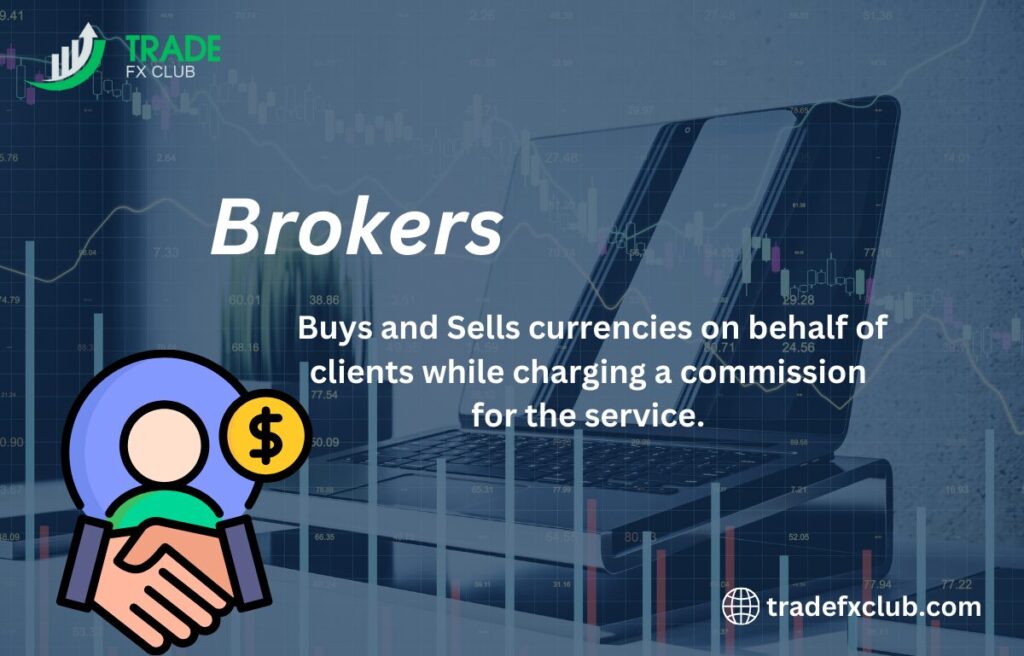
Forex brokers also offer different account types, trading tools, and educational resources to cater to the needs of both retail and institutional traders. They may provide additional features like automated trading systems, charting tools, and research reports to enhance trading strategies and decision-making processes.
Factors to Consider When Choosing a Forex Broker
When selecting a forex broker, several critical factors should be considered to ensure a satisfactory trading experience. First, evaluate the broker’s regulatory status and reputation, as this reflects their adherence to industry standards and financial safety. Regulatory oversight from reputable authorities, such as the Financial Conduct Authority (FCA) or the Commodity Futures Trading Commission (CFTC), provides an added layer of protection for traders and ensures fair trading practices.
Another important factor is the broker’s trading platform and technology. A robust and user-friendly platform, with features such as real-time data, advanced charting tools, and reliable execution, can significantly impact your trading efficiency. Additionally, consider the costs associated with trading, including spreads, commissions, and any hidden fees. Understanding these factors will help you choose a broker that aligns with your trading style and financial goals.
How Forex Brokers Make Money?
Forex brokers typically generate revenue through several channels. One common method is by charging a spread, which is the difference between the bid and ask prices of a currency pair. Market makers often set their own spreads and can earn money from the difference between their bid and ask prices. Alternatively, ECN brokers may charge a commission on each trade, providing a transparent pricing model based on the interbank market’s rates.
Another way brokers make money is through swap or rollover fees, which are interest charges or credits applied to positions held overnight. These fees are based on the interest rate differential between the two currencies in a trading pair. Additionally, brokers might earn revenue from trading volumes through rebates or incentives from liquidity providers, further influencing their profitability.
Why Regulation Is Important When Selecting a Forex Broker?
Regulation is crucial when choosing a forex broker because it ensures that the broker adheres to industry standards and practices designed to protect traders’ interests. Regulated brokers are required to maintain transparency, implement rigorous security measures, and segregate client funds from their own operational funds, reducing the risk of fraud and financial mismanagement.
Moreover, regulatory oversight provides recourse for traders in case of disputes or unethical behavior by the broker. Regulatory bodies enforce compliance with fair trading practices and can take action against brokers who violate regulations, offering an additional layer of security and trust for traders. Choosing a regulated broker helps ensure a safer and more reliable trading environment.
How to Verify the Credibility of a Forex Broker?
Verifying the credibility of a forex broker involves several key steps. Start by checking the broker’s regulatory status. A credible broker should be regulated by a recognized financial authority such as the Financial Conduct Authority (FCA), the Australian Securities and Investments Commission (ASIC), or the U.S. Commodity Futures Trading Commission (CFTC). Regulatory oversight ensures that the broker adheres to industry standards and provides a level of protection for traders.
Additionally, consider researching the broker’s reputation through customer reviews and independent reviews from financial news websites. Look for information about the broker’s trading conditions, customer service, and any past issues or complaints. Transparency in terms of fees, spreads, and trading practices is also a good indicator of credibility. A broker that openly discloses this information and has a positive track record is generally more reliable.
Different Types of Forex Brokers
Forex brokers generally fall into three main categories: market makers, ECN (Electronic Communication Network) brokers, and STP (Straight Through Processing) brokers. Market makers act as the counterparty to their clients’ trades, setting their own bid and ask prices. They often profit from the difference between these prices, known as the spread. Market makers may offer fixed spreads and provide a stable pricing environment, but their role as counterparty can sometimes lead to conflicts of interest.
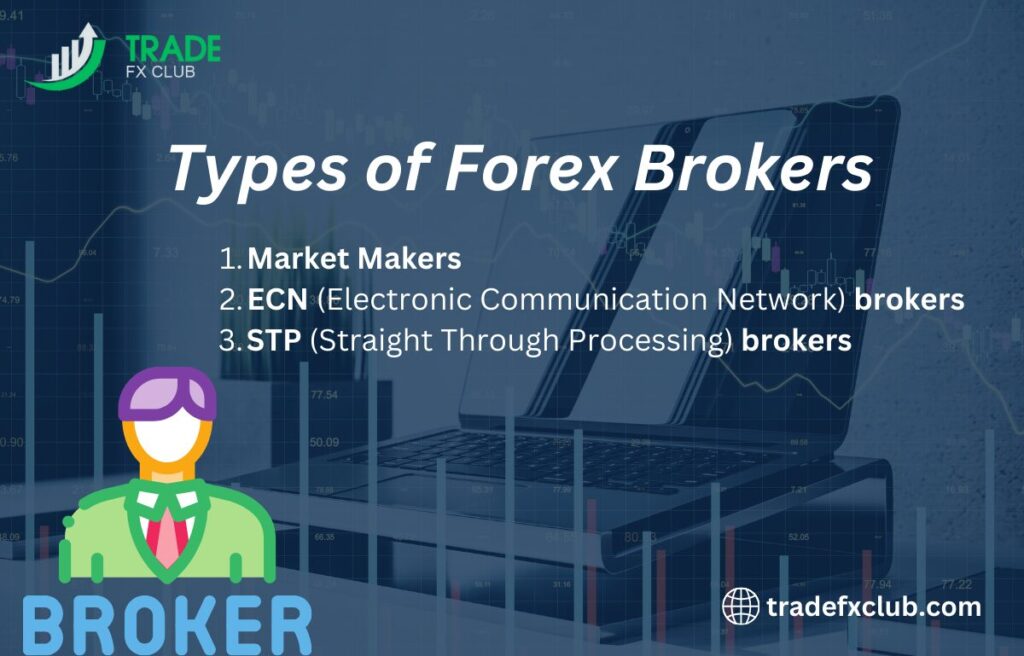
ECN brokers, on the other hand, offer direct access to the interbank forex market, where traders can interact with liquidity providers. ECN brokers typically charge a commission on trades and provide variable spreads that reflect the actual market conditions. This transparency in pricing and execution can be beneficial for traders who prefer to see true market prices. STP brokers process trades directly to liquidity providers, bypassing the broker’s own dealing desk. They usually offer variable spreads and can provide faster execution times compared to market makers.
Role of Trading Platforms in Choosing a Forex Broker
Trading platforms are a crucial factor when selecting a forex broker, as they directly affect your trading experience and efficiency. A good trading platform should offer a user-friendly interface, reliable performance, and a range of tools and features to support trading strategies. Essential features include real-time price quotes, advanced charting tools, technical indicators, and the ability to execute trades quickly and accurately.
Moreover, the platform should be compatible with your trading style and preferences. For instance, if you prefer automated trading, the platform should support expert advisors (EAs) and other algorithmic trading tools. Additionally, some brokers offer proprietary platforms with unique features, while others provide access to well-known platforms like Meta Trader 4 or Meta Trader 5. Choosing a broker with a robust and reliable trading platform that meets your needs can significantly enhance your trading experience and performance.
Fees and Commissions to Expect from Forex Brokers
When trading forex, brokers typically charge fees and commissions in several ways. One of the primary costs is the spread, which is the difference between the bid and ask price of a currency pair. The spread can be either fixed or variable, depending on the broker. Fixed spreads remain constant regardless of market conditions, providing predictability, while variable spreads fluctuate with market liquidity and volatility.
In addition to spreads, brokers may charge commissions on trades, especially those that offer ECN or STP execution. Commissions are often a set fee per trade or a percentage of the trade’s value and can be an important cost consideration. Other potential fees include swap rates or rollover fees for holding positions overnight, deposit and withdrawal fees, and account maintenance charges. It’s crucial to understand all these costs, as they can significantly impact your overall trading profitability.
How Leverage Offered by Forex Brokers Affects Trading?
Leverage allows traders to control a larger position in the forex market with a relatively small amount of capital. For example, with a leverage ratio of 100:1, a trader can control $100,000 worth of currency with just $1,000 of their own money. While leverage can amplify potential profits, it also increases the risk of significant losses. Small market fluctuations can have a large impact on leveraged positions, leading to both substantial gains and losses.
Using high leverage requires careful risk management and a clear understanding of the potential risks involved. Traders should be aware of their broker’s leverage limits and consider how much leverage they are comfortable using. Effective risk management strategies, such as setting stop-loss orders and using appropriate position sizing, are essential to mitigate the risks associated with high leverage.
What to Know About Spreads in Forex Trading?
In forex trading, the spread is a key cost element that traders need to understand. The spread is the difference between the bid price (the price at which you can sell) and the ask price (the price at which you can buy) of a currency pair. Spreads can be classified as either fixed or variable. Fixed spreads remain constant regardless of market conditions, providing stability and predictability. Variable spreads, however, can fluctuate based on market liquidity and volatility, potentially widening during times of high market activity or low liquidity.
The width of the spread can affect trading costs and overall profitability. Brokers with narrower spreads generally offer better trading conditions, particularly for high-frequency traders or those using scalping strategies. However, it’s important to consider spreads alongside other fees and commissions when evaluating a broker. A broker with low spreads but high commissions might not be as cost-effective as one with slightly higher spreads but lower overall fees. Understanding how spreads impact your trading costs is essential for making informed decisions and managing expenses effectively.
Why Customer Service Is Crucial When Selecting a Forex Broker?
Customer service is a vital consideration when choosing a forex broker because effective support can significantly impact your trading experience. Forex markets operate 24/5, and having access to responsive customer service is crucial for resolving issues or answering questions promptly. Whether it’s technical problems with the trading platform, account-related queries, or transaction concerns, efficient customer service ensures that you can address problems quickly and minimize disruptions to your trading activities.
Additionally, the quality of customer service reflects the broker’s commitment to its clients. A broker with strong customer support is likely to value its traders and invest in providing a positive experience. Good customer service can also help you navigate the broker’s platform and services more effectively, ensuring you make the most of the tools and features available. Therefore, evaluating customer service quality, including response times and available support channels (such as live chat, email, and phone), is essential for a smooth and supportive trading experience.
How Forex Brokers Handle Deposits and Withdrawals?
Forex brokers typically offer several methods for depositing and withdrawing funds to and from trading accounts. Common deposit methods include bank transfers, credit/debit cards, and electronic payment systems such as PayPal or Skrill. Withdrawals can be processed through similar methods, although the specific options available may vary depending on the broker. It is important to review the deposit and withdrawal processes and associated fees, as they can affect your overall trading experience.
Brokers also have different processing times for deposits and withdrawals. Some may offer instant deposits, while withdrawals can take several business days depending on the method and broker’s processing times. Additionally, brokers may require identity verification and account authentication to comply with anti-money laundering regulations, which can impact the speed of transactions. Understanding these procedures and any associated fees can help you manage your trading funds more effectively and avoid unexpected delays.
Educational Resources Provided by Good Forex Brokers
A good forex broker should offer a range of educational resources to help traders of all levels improve their knowledge and trading skills. Essential educational materials include comprehensive tutorials, webinars, and articles covering fundamental and technical analysis, trading strategies, and market news. These resources can provide valuable insights into market dynamics and enhance your ability to make informed trading decisions.
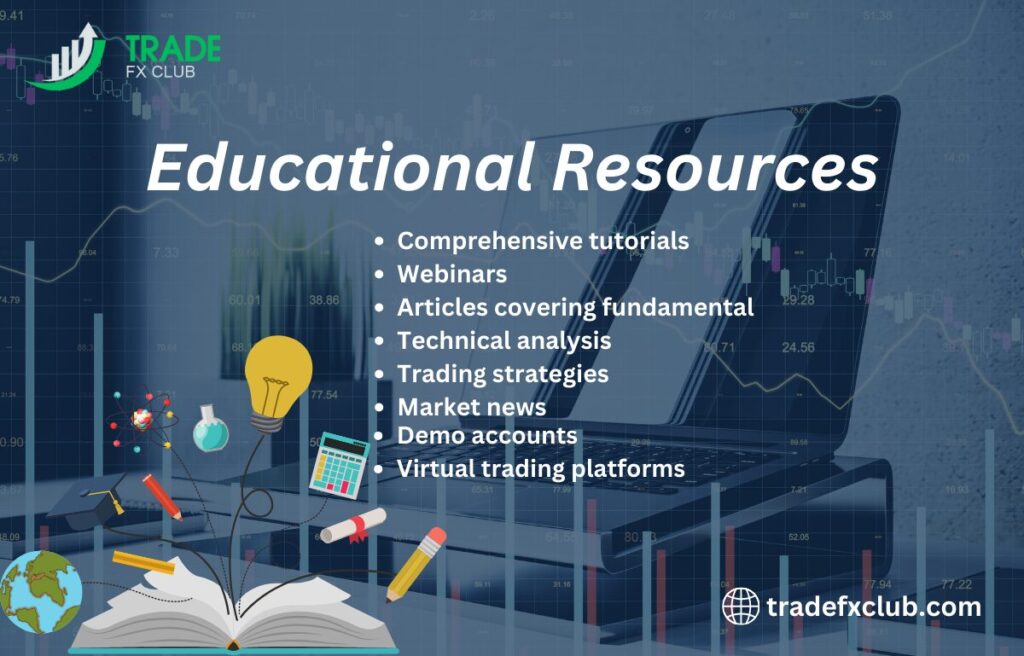
Furthermore, interactive tools such as demo accounts and virtual trading platforms are important for hands-on learning. They allow traders to practise strategies and gain experience without risking real money. Additionally, access to expert analysis, trading signals, and market research can help traders stay informed and make better trading choices. By providing these educational resources, a broker supports traders in developing their skills and achieving better trading outcomes.
Importance of Execution Speed in Forex Trading
Execution speed is a critical factor when selecting a forex broker because it directly affects the efficiency and success of your trading strategies. In the fast-paced forex market, prices can change rapidly, and delays in order execution can lead to slippage—where trades are executed at worse prices than expected. Fast execution ensures that your trades are processed at the prices you see, which is particularly important for high-frequency trading and scalping strategies that rely on precise timing.
A broker with high execution speed can help you capitalize on short-term market opportunities and minimize the impact of price fluctuations. Delays in execution can result in missed trading opportunities and increased trading costs, negatively impacting your overall profitability. Therefore, assessing a broker’s execution speed and their technological infrastructure, such as the quality of their trading platform and connectivity to liquidity providers, is essential for a smooth and effective trading experience.
How Forex Brokers Protect Your Trading Funds?
Forex brokers employ several measures to protect clients’ trading funds and ensure financial security. One primary method is segregating client funds from the broker’s own operational funds. This means that your trading capital is kept in separate accounts, reducing the risk of loss if the broker encounters financial difficulties. Additionally, many reputable brokers use secure banking institutions for holding client funds, further enhancing safety.
Regulated brokers also adhere to strict compliance requirements set by financial authorities, including maintaining adequate capital reserves and implementing anti-money laundering (AML) and know-your-customer (KYC) policies. These regulations help protect your funds from fraud and ensure that the broker operates transparently and ethically. Furthermore, some brokers offer insurance schemes or compensation funds to cover potential losses in the event of broker insolvency. Understanding these protective measures can help you select a broker that prioritizes the safety of your investments.
Common Scams to Watch Out for in Forex Brokerage
When selecting a forex broker, it’s crucial to be aware of common scams that can jeopardize your investments. One prevalent scam is the “Ponzi scheme,” where brokers promise high returns with little risk and use new investors’ funds to pay returns to earlier investors. This unsustainable model eventually collapses, leaving later investors with significant losses.
Another common scam involves brokers offering unrealistic returns or bonuses with hidden terms and conditions. These brokers may entice traders with promises of guaranteed profits or substantial bonuses, but often the fine print includes difficult withdrawal conditions or high trading volume requirements that make it challenging to access funds. Additionally, beware of brokers operating without proper regulation or those with a history of negative reviews and complaints. Thorough research, including checking regulatory status and reading client feedback, can help you avoid falling victim to these and other fraudulent practices.
When choosing a forex broker, it is essential to consider various factors that impact your trading experience and security, especially when dealing with different currency pairs. Execution speed, for example, plays a crucial role in ensuring that your trades for specific currency pairs are executed at the desired prices, especially in the fast-moving forex market. A broker with quick execution helps minimize slippage and enhances your ability to capitalize on market opportunities in different currency pairs. Additionally, the protection of your trading funds is paramount. Reputable brokers implement measures such as segregating client funds, adhering to regulatory standards, and offering insurance schemes to safeguard your investments from potential losses.
Equally important is the broker’s customer service, as efficient and responsive support can help resolve issues and provide guidance when needed, especially when trading in a variety of currency pairs. Educational resources offered by the broker can also significantly impact your trading success by enhancing your knowledge and skills. Awareness of potential scams, such as Ponzi schemes and brokers offering unrealistic returns, is crucial to avoid fraudulent practices and ensure you select a reputable and trustworthy broker. By carefully evaluating these factors in the context of your chosen currency pairs, you can make informed decisions and choose a forex broker that aligns with your trading goals and ensures a secure and efficient trading experience.

